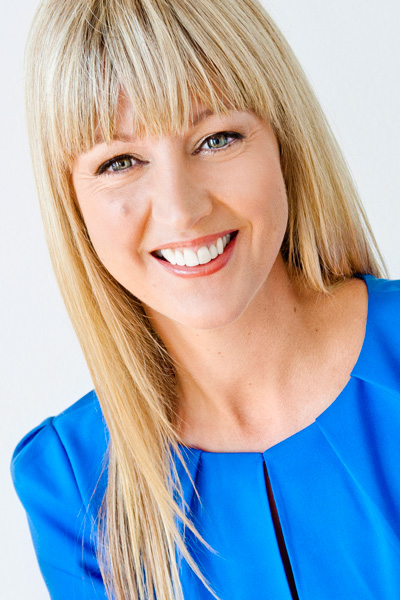Having a client agree to refer you to someone is a good thing, but actually having them do so is the ideal, but it does not always work out that way.
Is there a way you can make this happen more often? Rachel Staggs from SRSCC believes there is and writes that referrals don’t happen because they are not planned and clients are not equipped to make them.
In this article, Rachel has three simple reminders to help you get past the ‘set and forget’ approach to referrals.
Research shows that high performing businesses are gaining new clients through existing clients and referral partners; nothing new there! We also know that the ideal client will come through word of mouth.
How do you ensure then that when someone says they will introduce somebody else to your business, they actually do so? How do you ensure that when someone talks about your business they do it in the correct manner? Everyone has good intentions – including your clients and business partners, but as I always say, it’s not their job to get you clients, it’s yours!
Below are some of the reasons why you are being forgotten and not receiving the referrals partners and clients said they would send:
1. No referral plan
You know the scenario – sitting opposite your client and they mention they have a friend who they think could benefit from your advice. You say ‘Great! Thanks’. And then 80 per cent of the time there is no conversation about how you and their friend are going to get in contact with each other. Connect the dots there and then and agree with your client about the best way forward. Don’t feel awkward about this – its business. For this to work effectively you might need to consider some roles plays to help build the confidence of your team.
2. No information
This may also be familiar – sitting opposite your client they say they have a friend who could also benefit from your advice and they’ll make sure they mention your name when they see them next. Instead, they forget to mention your name because that’s life…BUT if you’d given them your latest brochure, e-book, report or something that can be passed on they have less chance of forgetting to mention you.
Even better, post or email your client the marketing collateral for them to pass on – or do it yourself if you have their friend’s details. This positions you as an expert, thought leader, whatever you want to call it – the important piece is to have something of value for them to pass on to their friend. You might even scribble your direct contact line on the front – it’s probably in the material, but that’s not the point! The point is you have to make an effort to make it easy for them to call you!
3. Lousy website
80 per cent of the people who meet you for the first time will Google your name, even if a trusted person has referred you. Why? That’s what we all do now, because we can! And if your website fails to impress it will fail to inform what you do, who you do it for and why they should choose you. They know they need to seek advice, but they’re not impressed and merely forget at it.
None of this is new but it is a good reminder that we can’t simply ask and forget. High performing businesses are having the most success with gaining new clients through these channels. Yet even they have had to review their marketing and make sure that they are having the right conversations to ensure that the referrals actually come through. Constant training/role plays and relevant information are two of the keys to improving your strike rate.

In her regular Practice Marketing column, Rachel Staggs provides insights to help advisers market their business to potential (and existing) clients.
Rachel is the founder and Managing Director of SRSCC, a specialist financial services marketing firm.
Contact or follow the author: Website | Email | Google + | LinkedIn | Twitter








